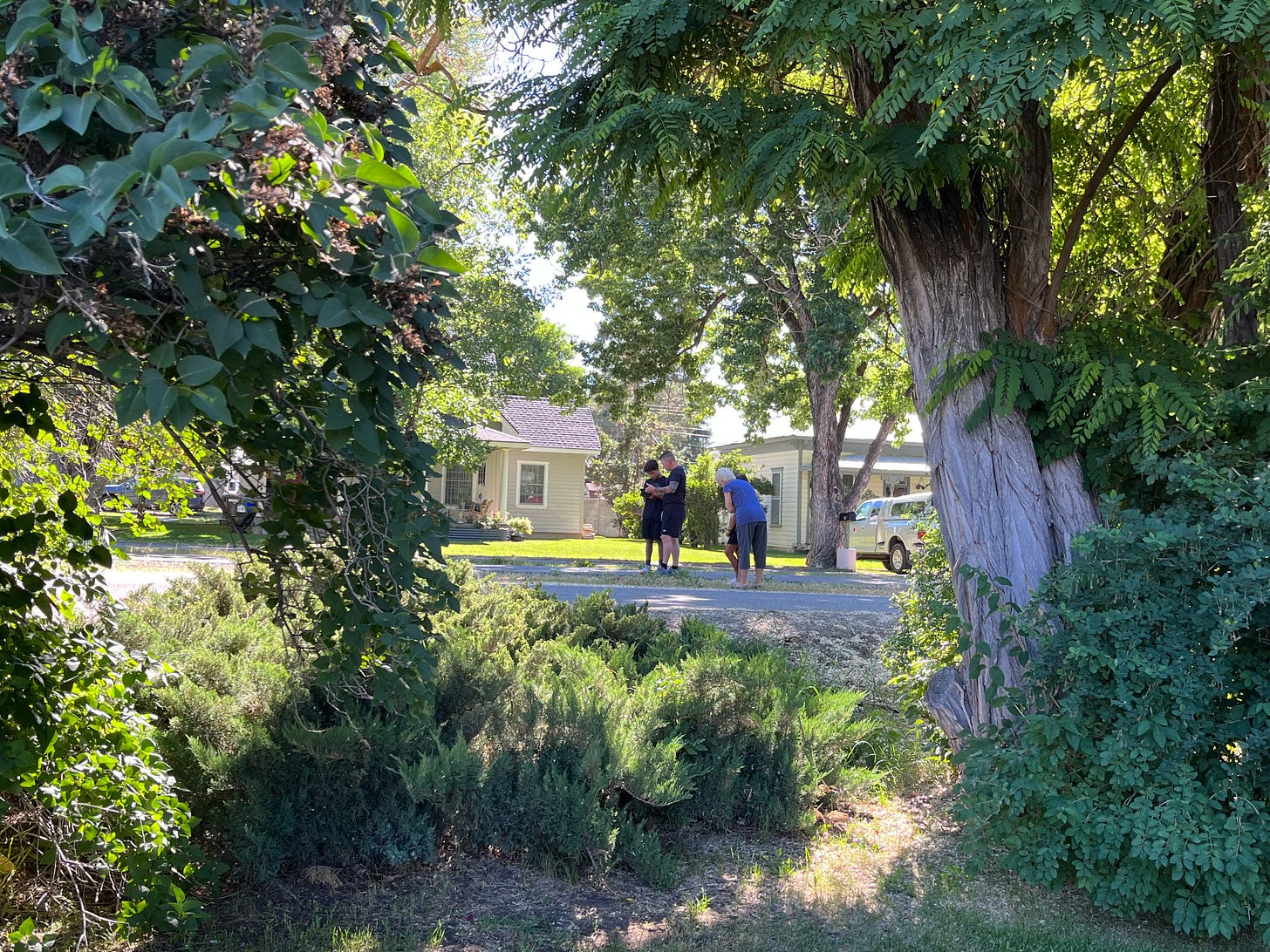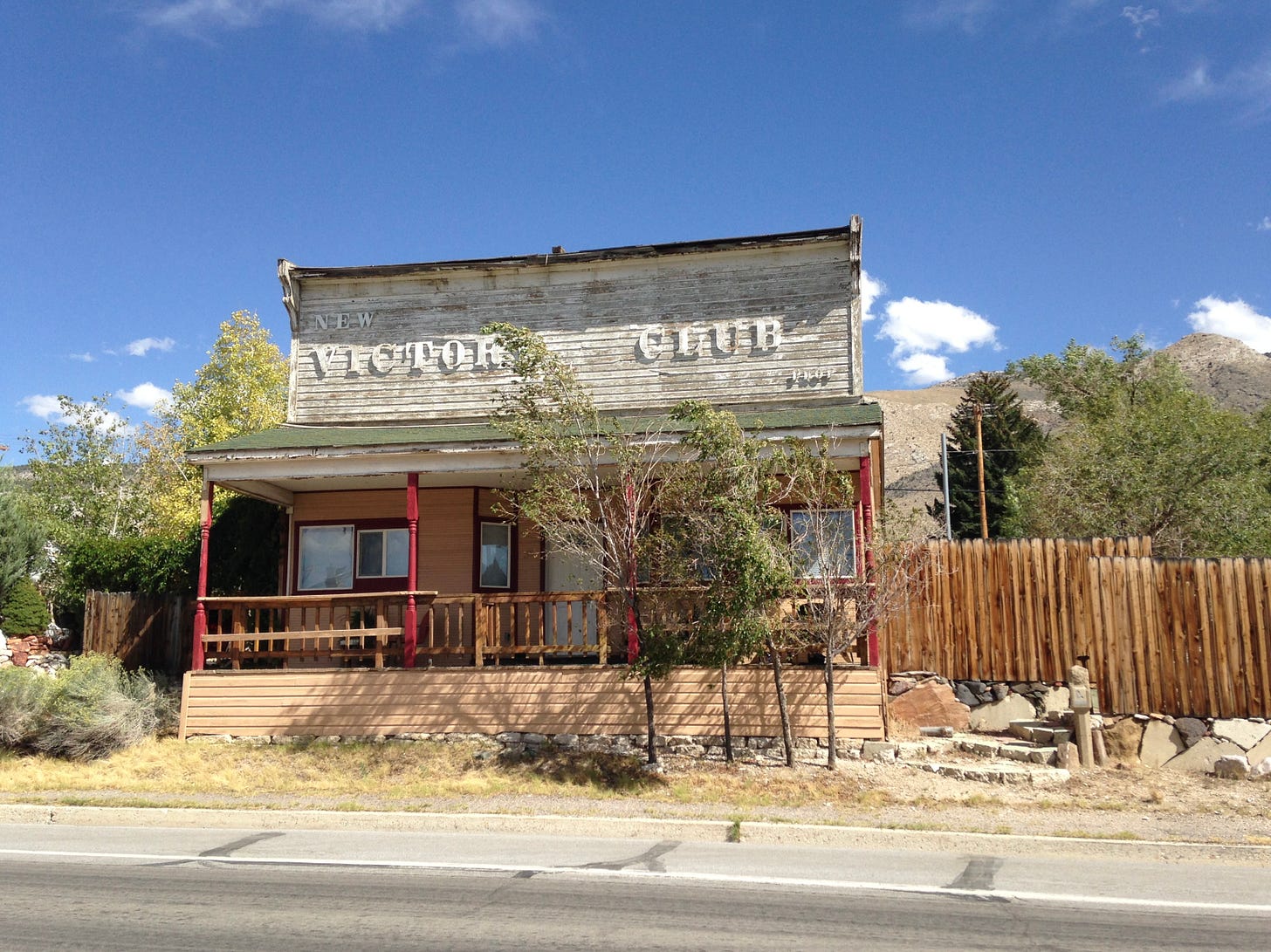I have to give credit to Switter for this week’s post. If you don’t know Switter, I encourage you to check out Switter’s World where he provides humorous stories (all true and from his life), regular short surprises of “something wonderful”, frequent deep thoughts, and more.
This week, he shared a somber story about the failings of urban renewal, a policy established with the 1949 Housing Act and pushed in cities across the country during the 1950s and 60s. The idea was to revitalize “blighted” areas with new housing, adding infrastructure and (of course) increasing tax revenue. In theory, slums would be replaced with better housing for the same residents. But what it really did is displace low-income peoples, primarily immigrants and people of color.
Here’s the short (6 min) film that Switter shared:
I wrote about a similar community in my dissertation, recognizing the grief of having one’s home and community destroyed:
In 1958, Boston began destroying a third of its downtown known as the “West End.” Occupied primarily by immigrants, the city expropriated the land under the federal Housing Act of 1949 and cleared forty-six acres of buildings, replacing them with residential high-rise apartments intended to attract more wealthy residents. This urban renewal project displaced approximately 2,700 families. Marc Fried led a team that interviewed hundreds of these residents before and after their neighborhood was destroyed and published the findings in a paper titled, “Grieving for a Lost Home: Psychological Costs of Relocation.” Fried discovered that
“for the majority [of residents] it seems quite precise to speak of their reactions as expressions of grief. These are manifest in the feelings of painful loss, continued longing, the general depressive tone, frequent symptoms of psychological or somatic distress. . . a sense of helplessness. . . and tendencies to idealize the lost place.” (359-60).
The residents of the West End suffered multiple levels of grief, including for the loss of their individual homes as well as for the entire neighborhood and community. Nothing remained by which they could identify. They were sent adrift in the city as singular families, no longer connected to something larger than themselves. (“The Psychology of Home: An Archetypal Study of Relationship to Place”, 143-44)
Have you experienced this yourself? Is the home where you lived as a child still standing or is something else there now? Has your neighborhood changed?
While walking Mazie the other day, Tom said, “That’s the corner where my sister kept her horse. It used to be a field.” I was floored. Firstly, I never knew his sister had a horse. More importantly though, he so rarely mentions what this town looked like years ago. And there have been a lot of changes! Most obviously, the train no longer runs by his childhood home. Those tracks were turned into a bike path almost 40 years ago.

Even as I continue to plan for my move to Sicily, I know Tom will never leave this town, his hometown. It’s too deeply woven into who he is.
“Homesickness occurs when we are so attached to a place that, when separated, we are unable to see or understand ourselves outside of that place.”
“The Psychology of Home: An Archetypal Study of Relationship to Place”
This is why, given the choice, many of us never leave our hometowns. Where we are born or grow up is often so deeply part of our identity that we can’t imagine who we would be without that place.
Which brings me to the second contribution by Switter this week:
Here’s the video. I will always proudly declare myself from Michigan - a small town 50 miles north of Grand Rapids.
What about you? Do you identify with your hometown? Is it part of who you are?
Or either of these videos - the tragedy of urban renewal or a city’s refusal to be deemed “dying” - I’d love to hear what you think!
(Thanks again Switter for these great shares!)
Oh, and here’s a piece that’s worth a read: Coming home again: What brings people back to a dying town?






While my hometown is a big part of my history, & feels homey when I go, it’s no longer my home. I’m “at home” when I visit my family, yes, but Lakeview isn’t home. We’ve lived in our town for over 25 years now, & it’s definitely home to me.😀
I don't have a hometown as such given that I grew up in Oman as an expat and then have moved around so much; in my head, yes, Muscat is home but also, a home which I always knew that I would leave. However, it has intrinsically shaped who I am and of course, continues to influence my writing till this day. And of all the cities and homes I have lived in, the house I grew up in Oman will be my home